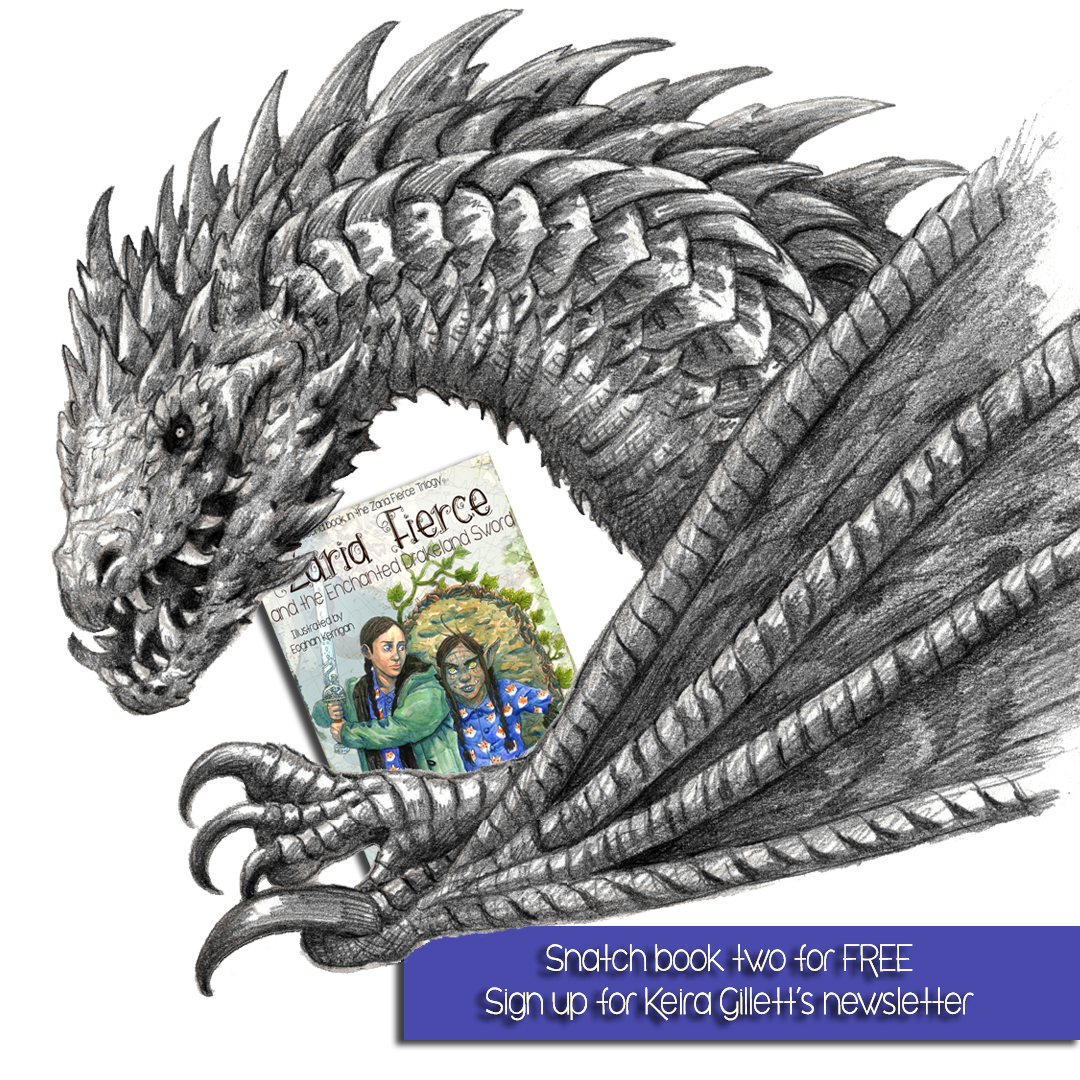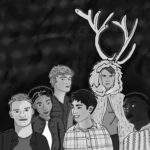When I wrote the first draft Zaria Fierce and the Secret of Gloomwood Forest I didn’t think about the vocabulary I was using. It wasn’t until the first round of beta readers got a hold of the novel that I started to question word choices because they questioned word choices.
Do I dumb down? Do I elevate? What’s the middle ground? Is there a middle ground?
You read online, and everywhere you look there’s warnings this way and that way about doing one or the other. Too verbose and it’ll turn kids off. Too dumbed down and it’ll bore them. You can’t please everybody. So what to do?
I thought back to my own experience.
I’ve always been a reader. In high school I took the SAT’s twice. My first verbal score early on in my high school career was around the middle range. I took it again my senior year, where I only studied for the math section, but got a much higher verbal score. I credit the very high verbal score from that round of testing to the sole fact that I was a voracious reader, and that I was reading both kid books and adult books. Books have to build vocabulary and establish a common vernacular to make such a positive change in test scores.
I looked to children’s movies that I loved. Disney loves to turn out verbal comedy. For example, the use of the phrase ‘your lugubriousness’ when one of the imps in Hercules addresses Hades. Adults might think this word play is just for them, because they have the vocabulary to understand, but I think it makes an impact on kids, too. Kids are smarter than adults will sometimes give them credit for.
I read a few blogs in the book blogger community which discussed vocabulary in their favorite books as kids. Some were surprised to find during rereads that the books contained really big words. This spurred me to check too. I looked at how some of my favorite children’s authors wrote and saw that the bloggers were right. The books did contain big words. What a relief!
I also knew a large chunk of readers would probably access my book on an e-reading device with a built-in dictionary. I was confident that vocabulary would be a minor footnote. A word should never get in the way of the story, but an author should never forget that a story is comprised of words. There’s no need to be fearful of using the words you know.
This is why I left the most of the words which were questioned alone, and changed out only a few for better words. Changing this word for that word came down to clarity for the reader, and/or poetically what was right for the story.
When it comes to my current writing projects, I start in much the same way as I did for that very first book. I just write. The first draft is its own animal, which is wrestled into submission. Editing is the right time for me to debate on word-choice. It’s where the magic happens!
Where do you fall on the great debate? Where should vocabulary stand when it comes to storytelling?






